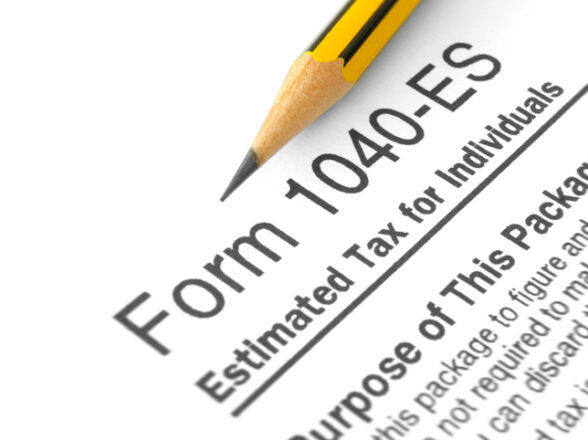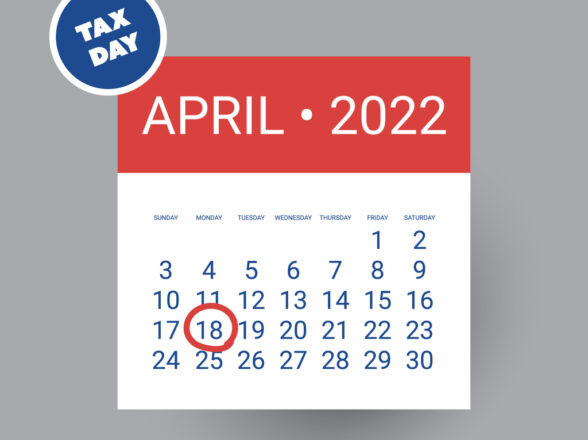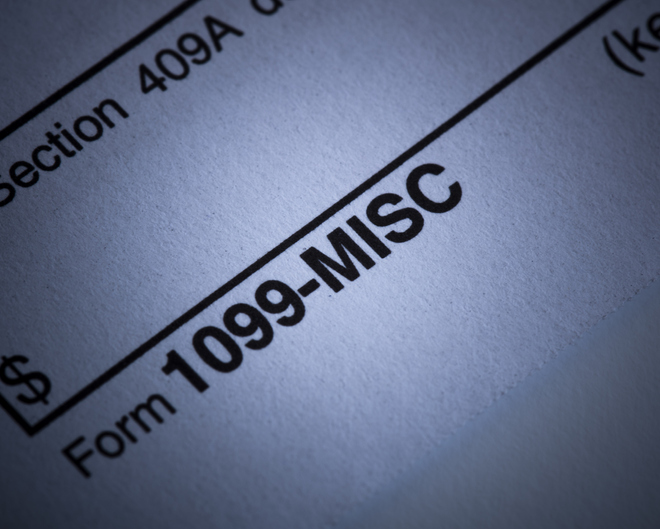Blog
Considerations for Handling Large Tax Debt

In the wake of the global financial crisis, there has been a significant increase in the number of high-net-worth individuals facing challenges in meeting their tax obligations, in other words, tax debt. The Internal Revenue Service (IRS) has responded by ramping up its enforcement efforts against delinquent taxpayers, particularly those with substantial wealth.
However, it is important to note that the federal government recognizes the need to provide options for clients to pay off their tax debts. These options range from flexible payment plans to temporary suspension of debt collection. The key for clients in this situation is to choose the right advisers and explore the available options that best suit their unique circumstances. These professionals can provide personalized advice tailored to each client’s specific needs, ensuring that they make informed decisions regarding their tax obligations.
There are numerous reasons why wealthy individuals often find themselves facing substantial tax bills. These tax liabilities can arise from a variety of factors, including failed attempts to shelter assets, involvement in abusive tax shelters, incurring accuracy-related penalties, and being subject to surtaxes.
One common reason for large tax bills is the failure to successfully shelter assets. Wealthy individuals may employ various strategies to minimize their taxable income or protect their wealth. However, if these attempts are unsuccessful or deemed improper by tax authorities, they can result in significant tax liabilities.
Understanding the options available for repayment is crucial. The IRS generally has a 10-year window to collect taxes, including any accrued interest and penalties. However, individuals who find themselves unable to pay their tax bill in full within this time-frame can explore alternative payment plans.
For those who owe less than $100,000 in taxes, penalties, and interest, a short-term IRS payment plan may be an ideal solution. This plan allows individuals up to 180 days to fully pay off their tax debt. It provides a manageable time-frame for individuals who need a little extra time to gather the necessary funds.
In cases where the tax debt exceeds $100,000, an individual may qualify for a monthly IRS installment agreement. This agreement can extend up to six years and allows taxpayers to make regular monthly payments towards their outstanding balance.
The IRS understands that sometimes taxpayers find themselves in difficult financial situations, struggling to pay their tax debts in full. In such cases, the agency offers a potential solution known as an “offer in compromise” or OIC. This avenue allows taxpayers to settle with the IRS for less than the full amount owed.
It’s important to note that an offer in compromise is not available to everyone. The IRS reserves this option for situations where the amount offered represents the maximum they can reasonably expect to collect within a reasonable period of time. This means that taxpayers must demonstrate genuine financial hardship and provide supporting documentation to support their offer.
By offering an OIC, the IRS aims to provide a fair and realistic opportunity for individuals and businesses to resolve their tax liabilities while still meeting their basic living expenses. It is a way for taxpayers to achieve a fresh start and regain control over their finances.
If you find yourself in a situation where you are unable to pay your tax debt in full, exploring the possibility of an offer in compromise may be worth considering. However, it is crucial to seek professional advice from qualified tax professionals who can guide you through the process and help determine if this option is suitable for your specific circumstances.
Remember, an OIC is not guaranteed, but with careful preparation and professional guidance, it can be a viable solution towards resolving your tax debt burdens and moving towards financial stability.


































































































